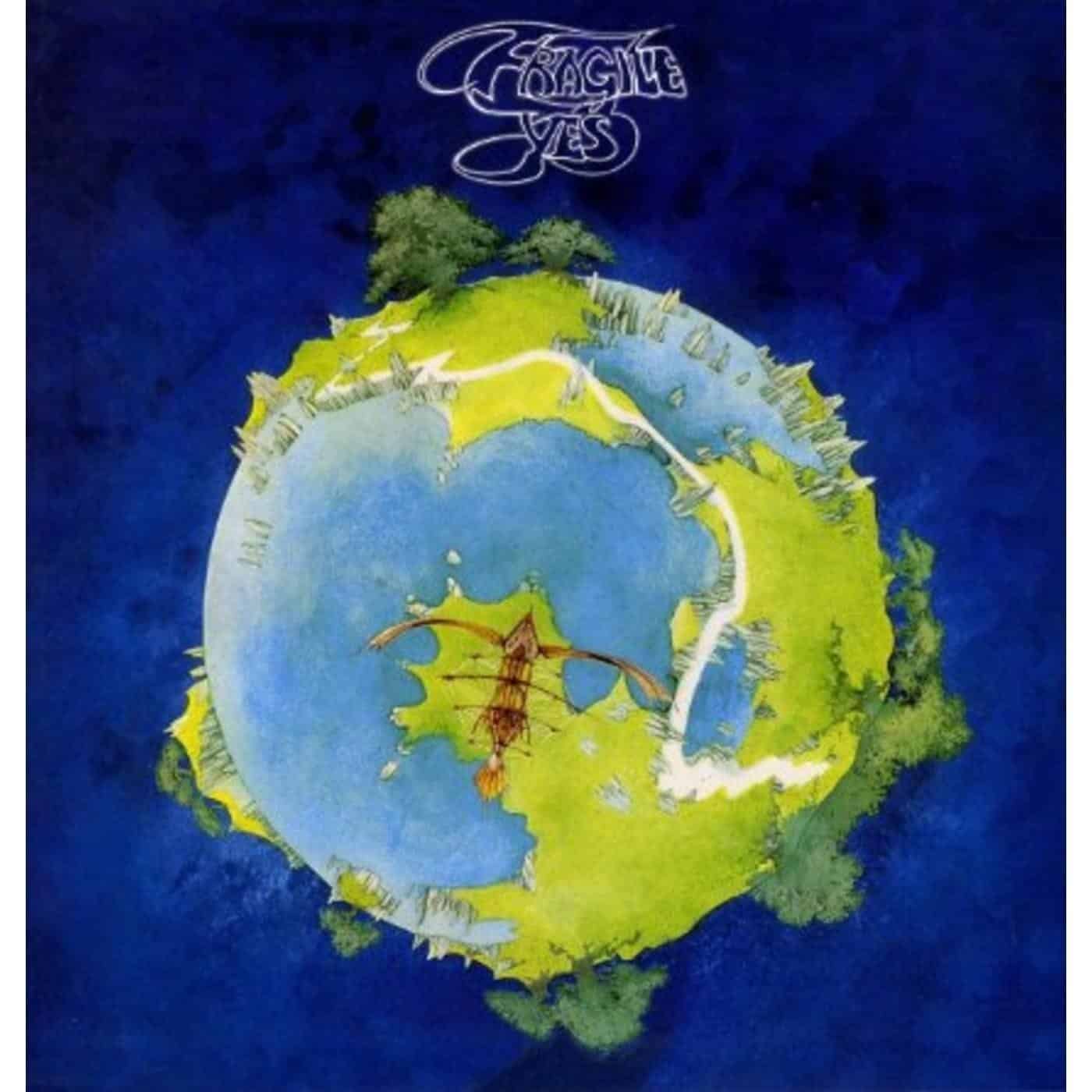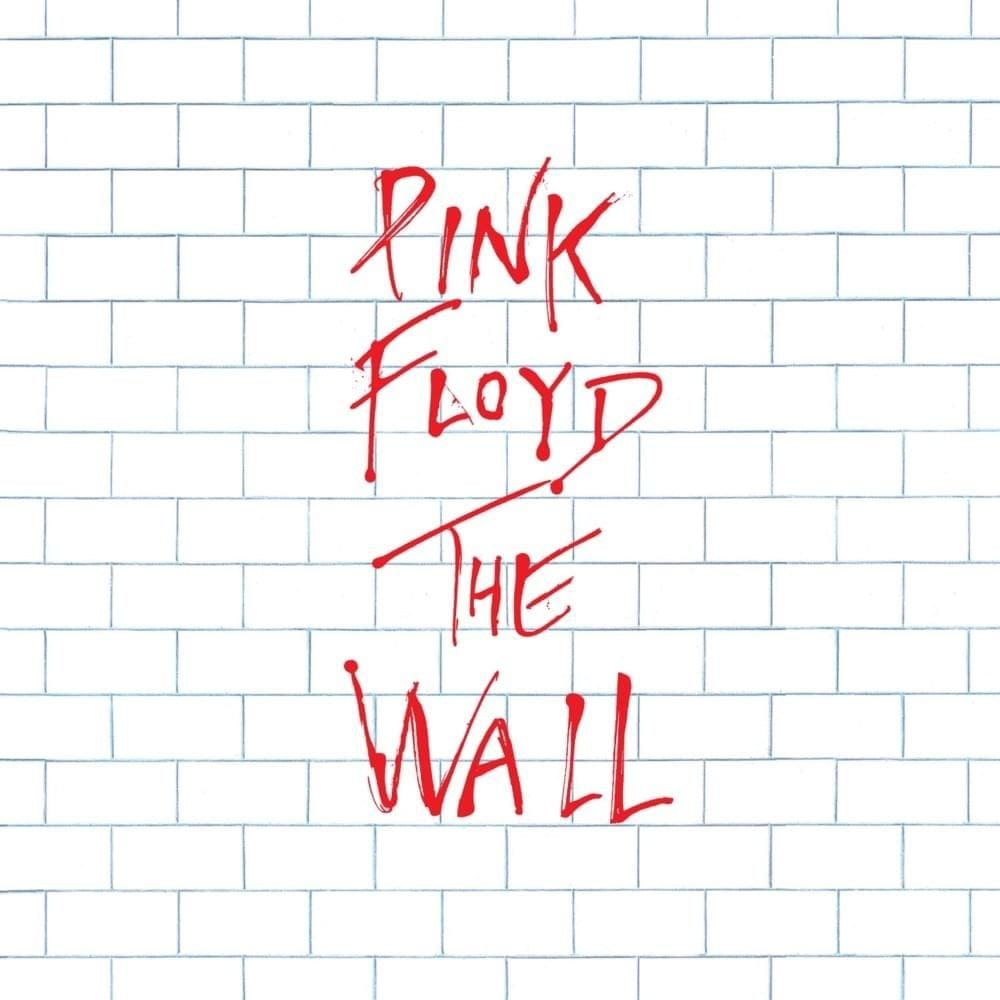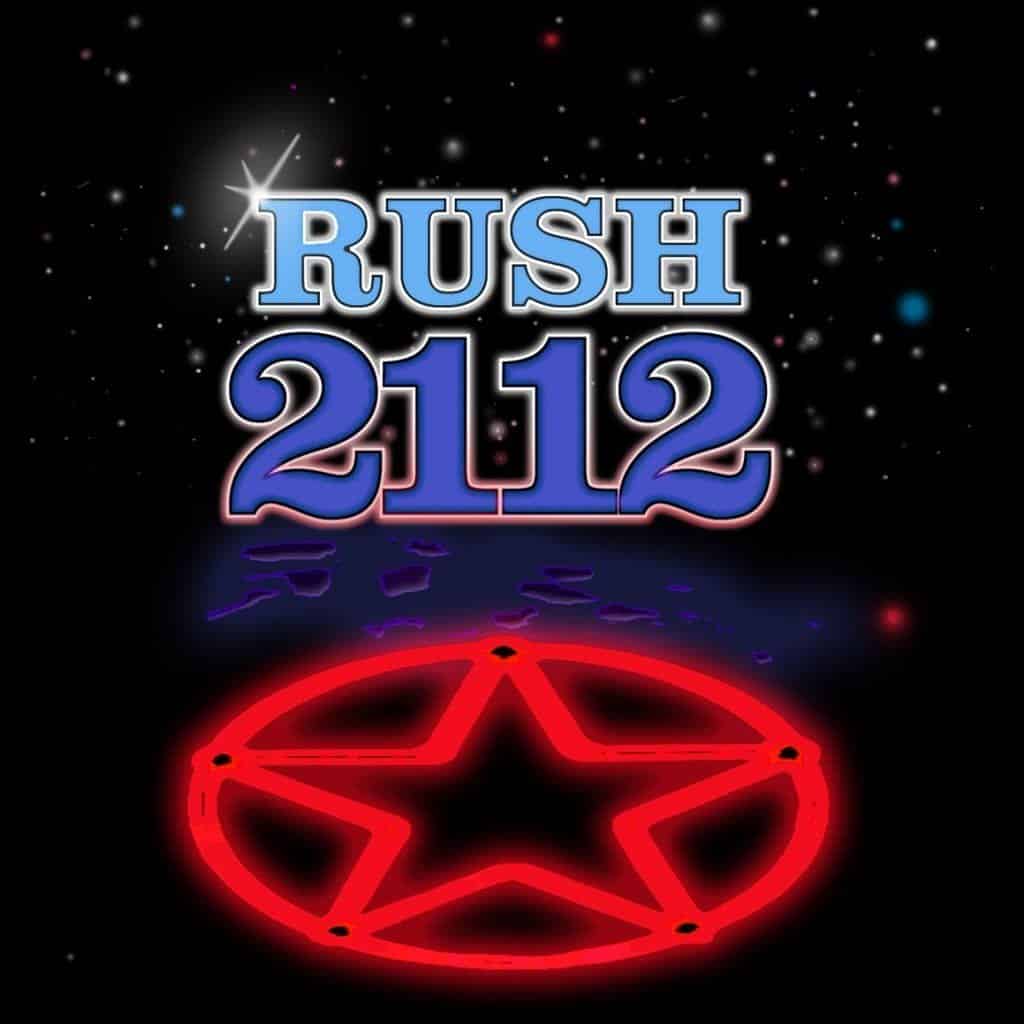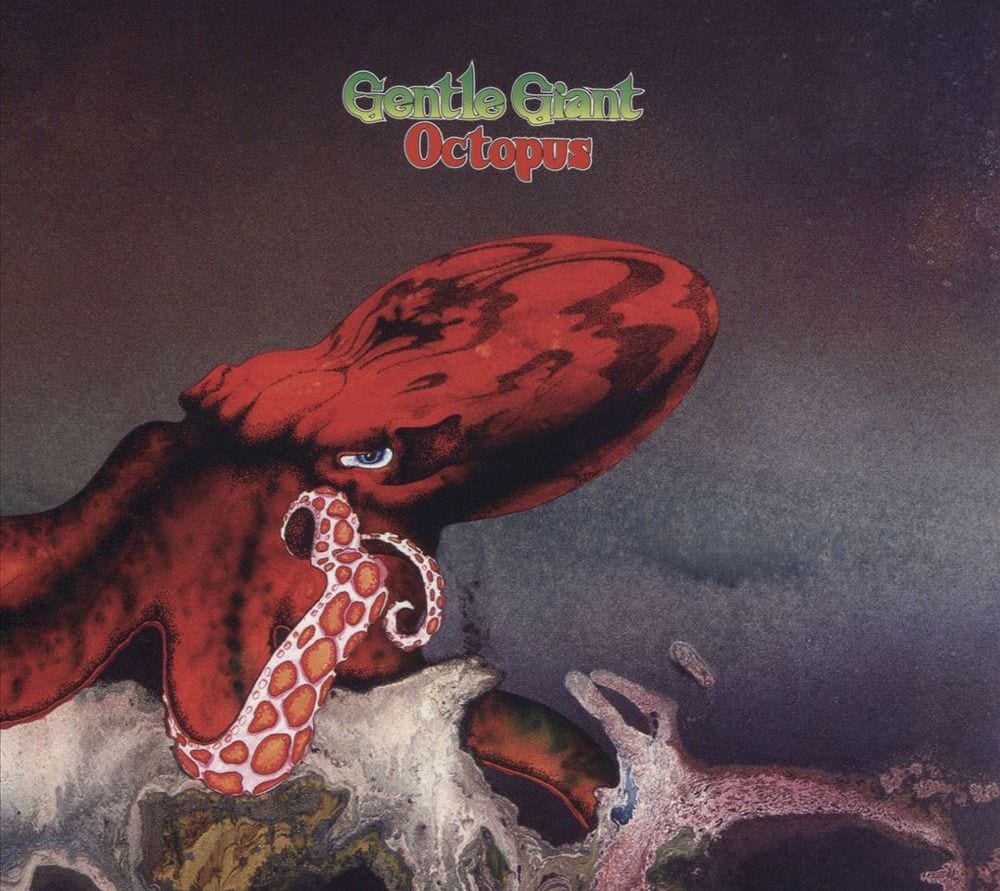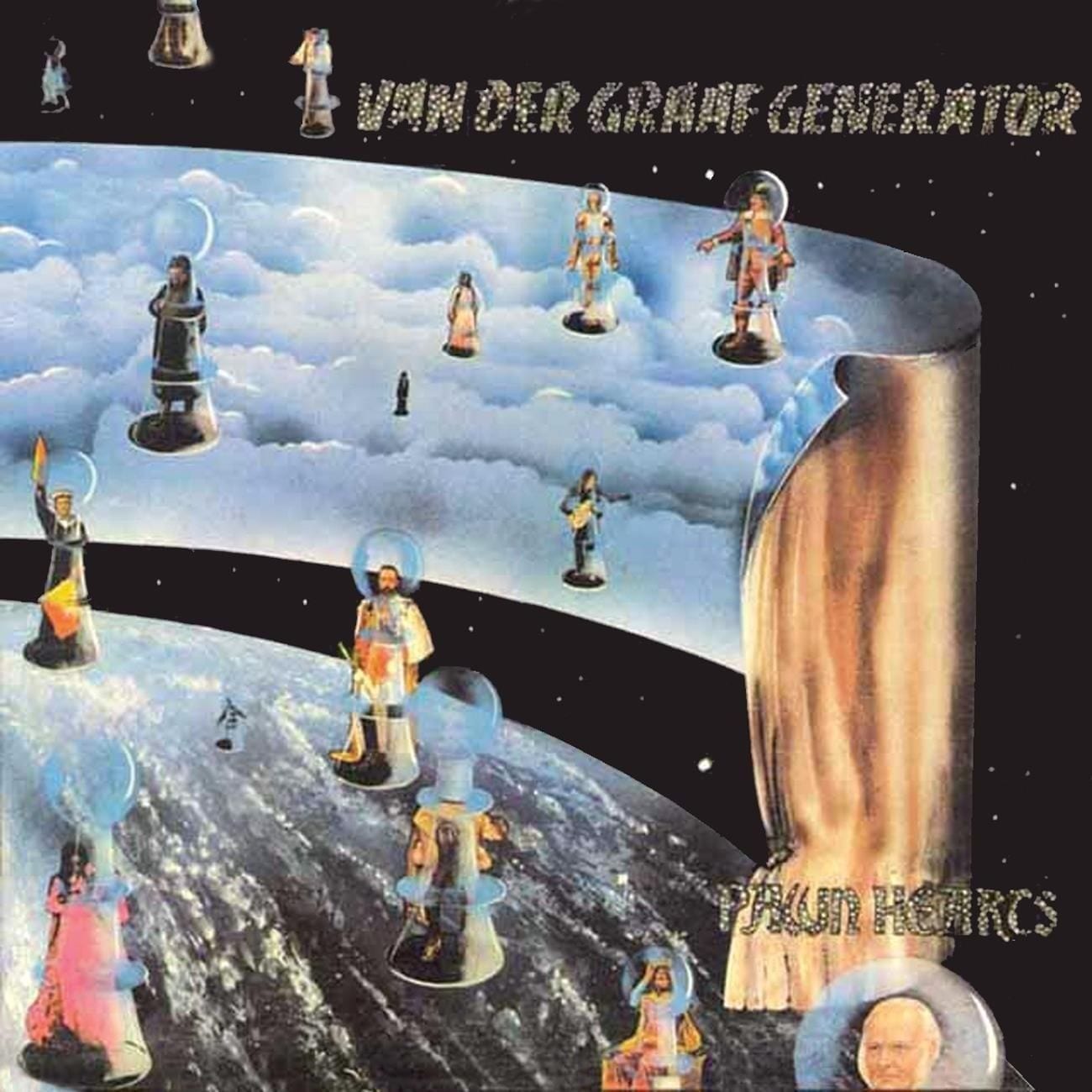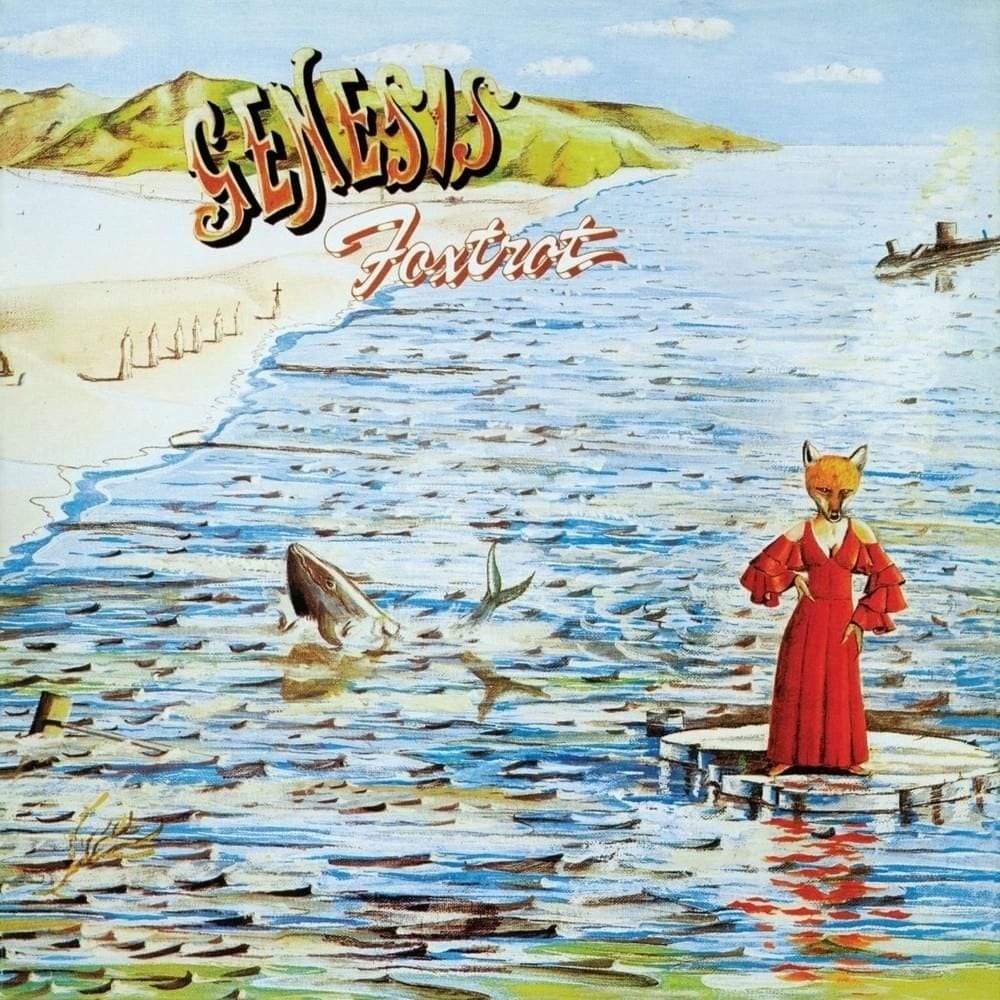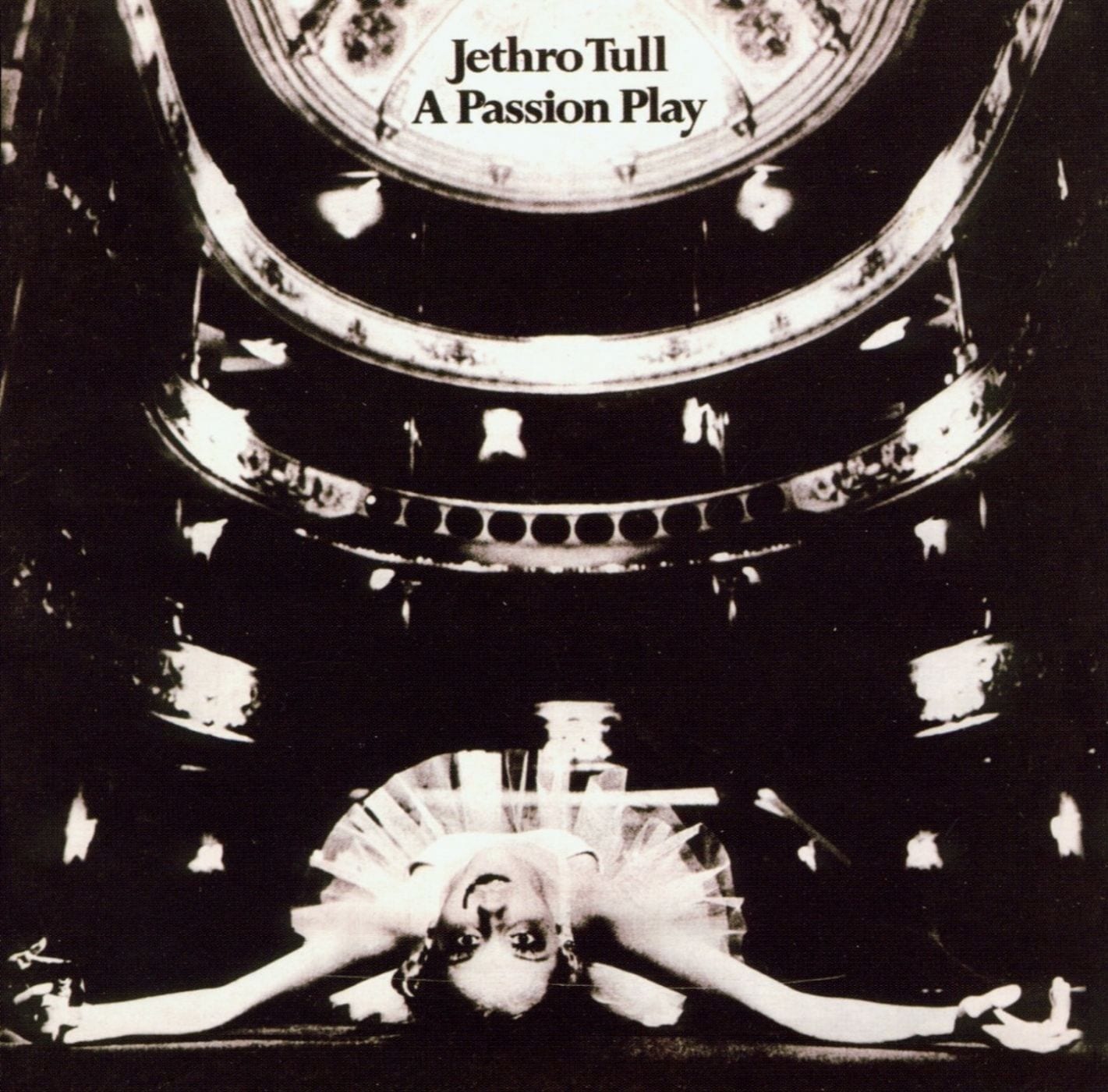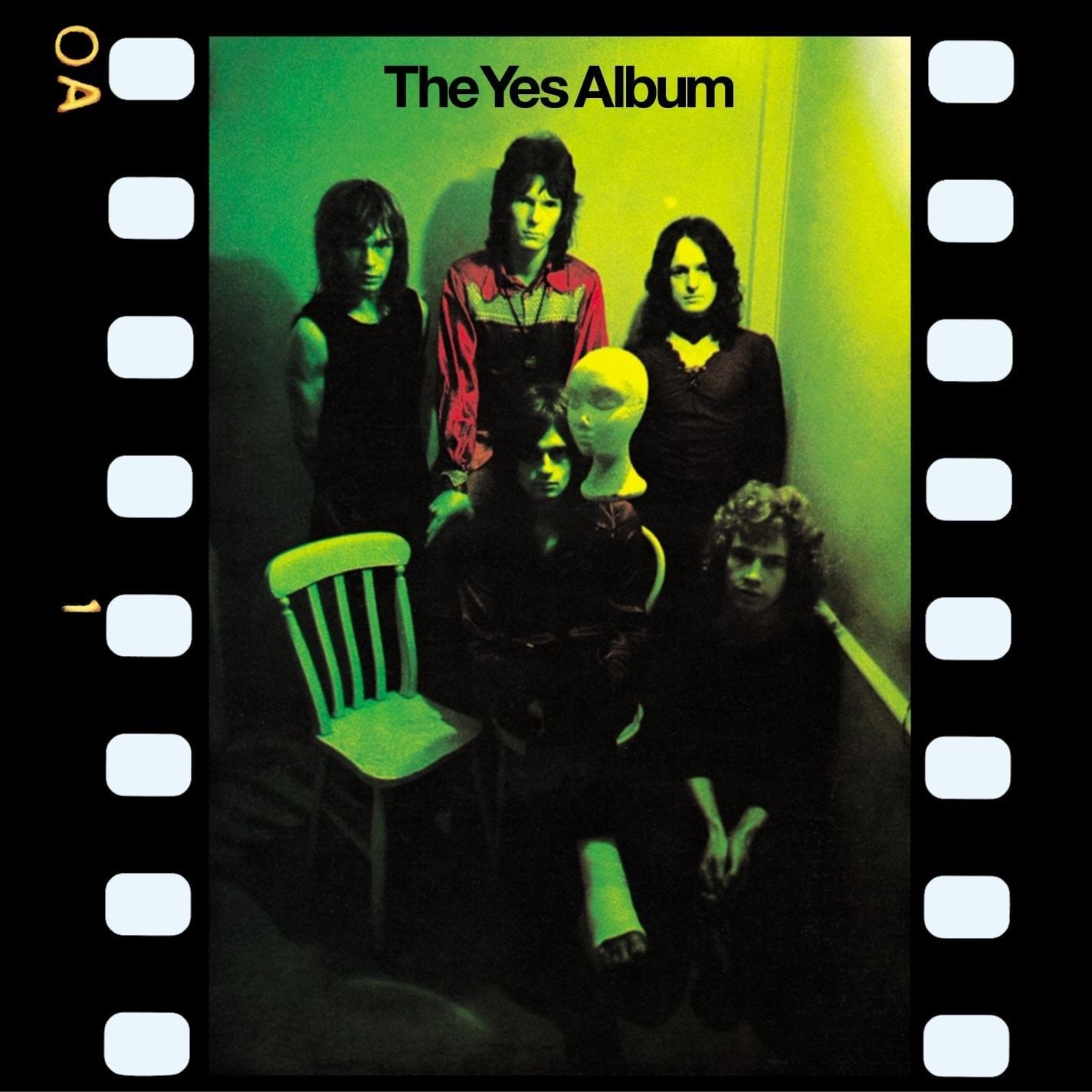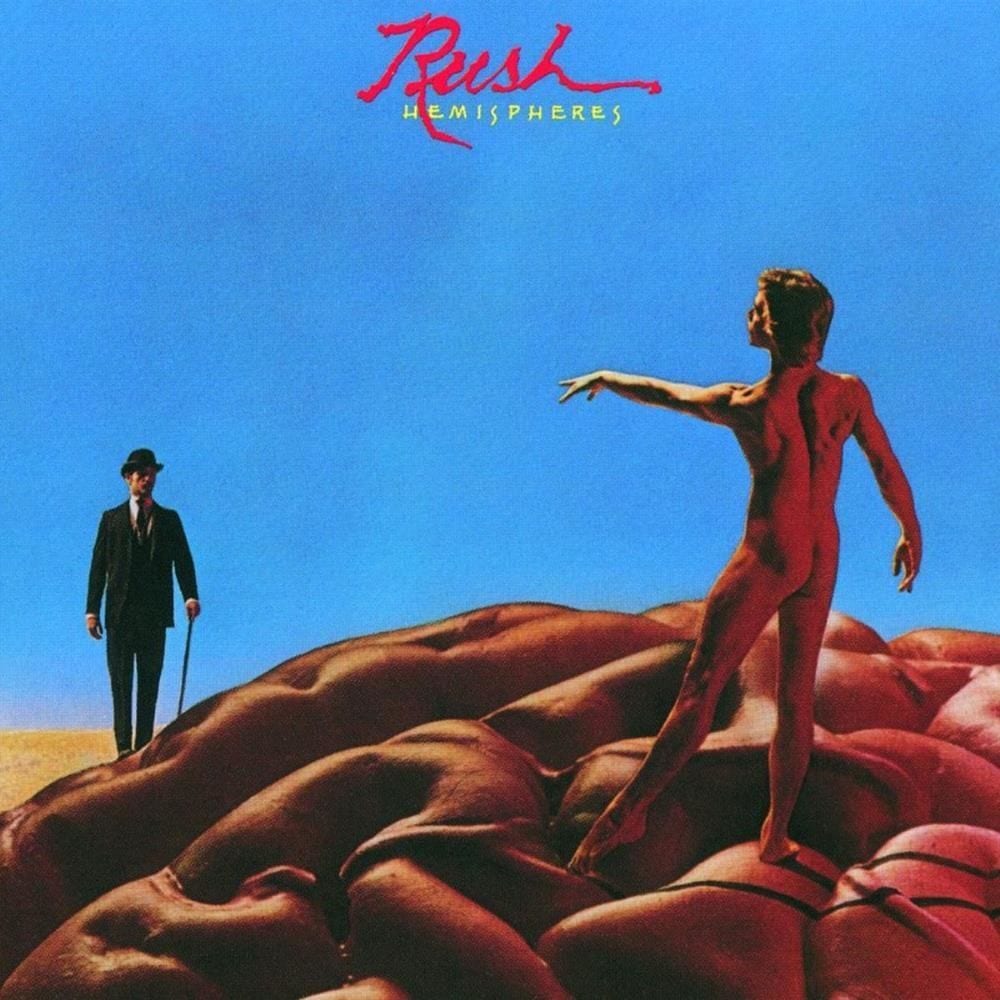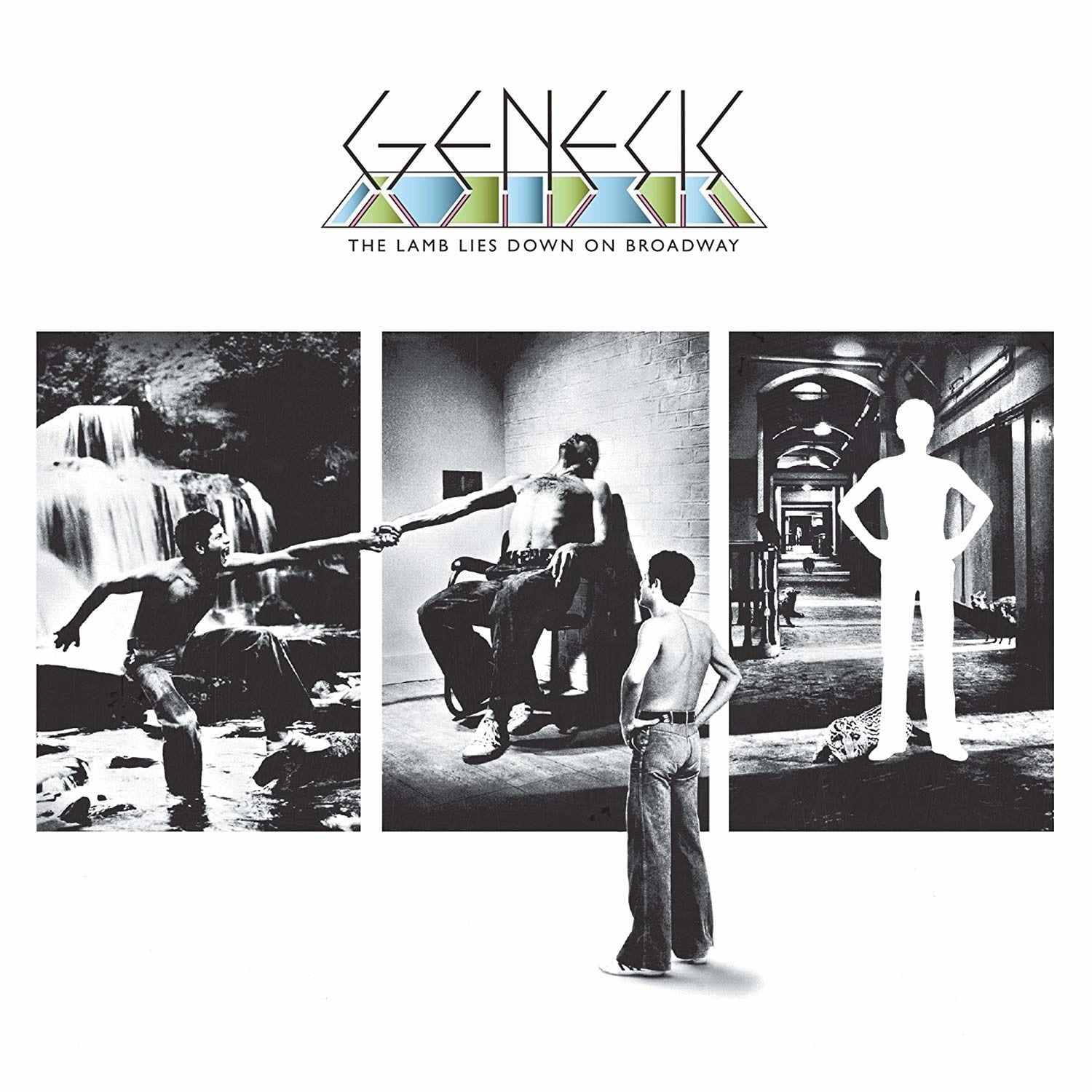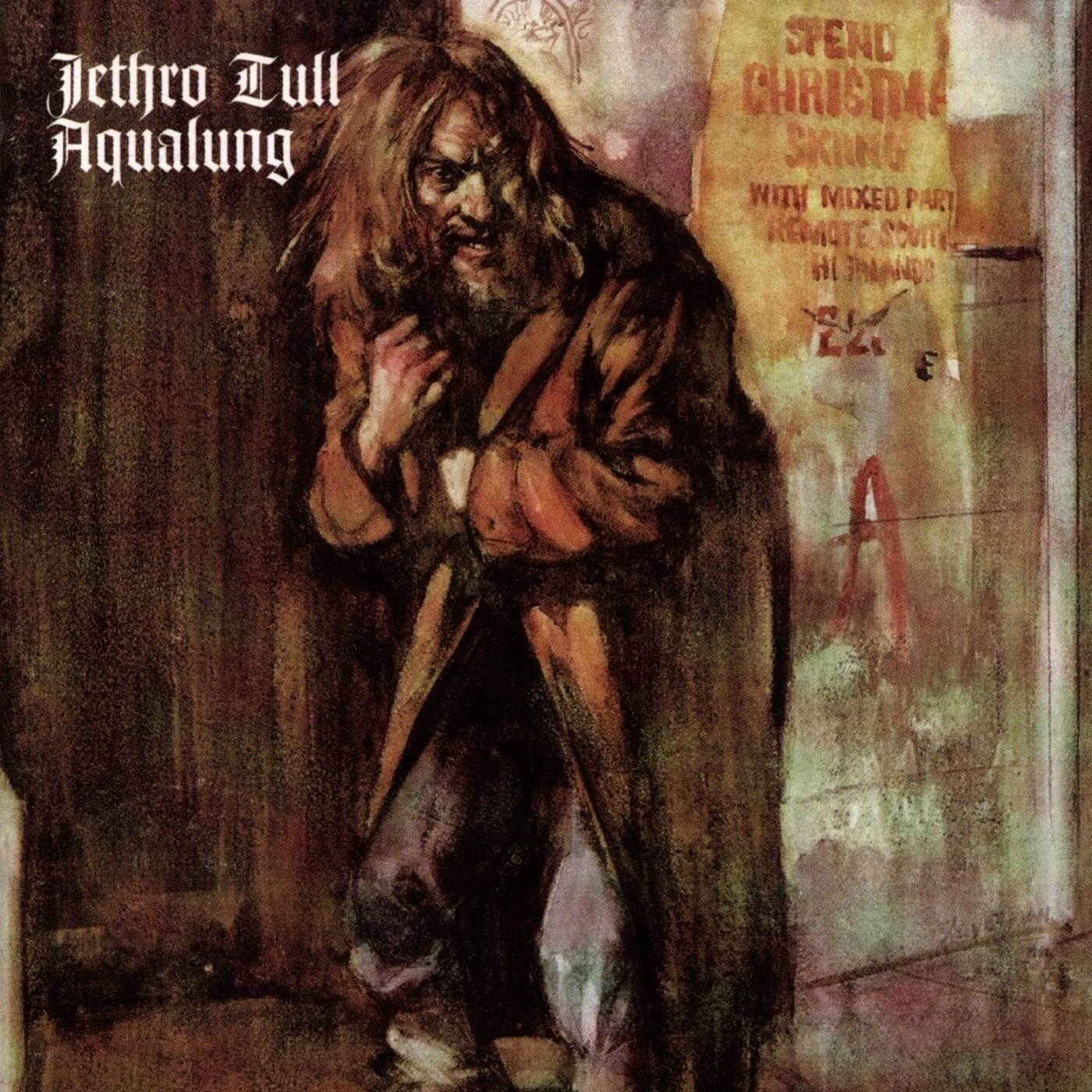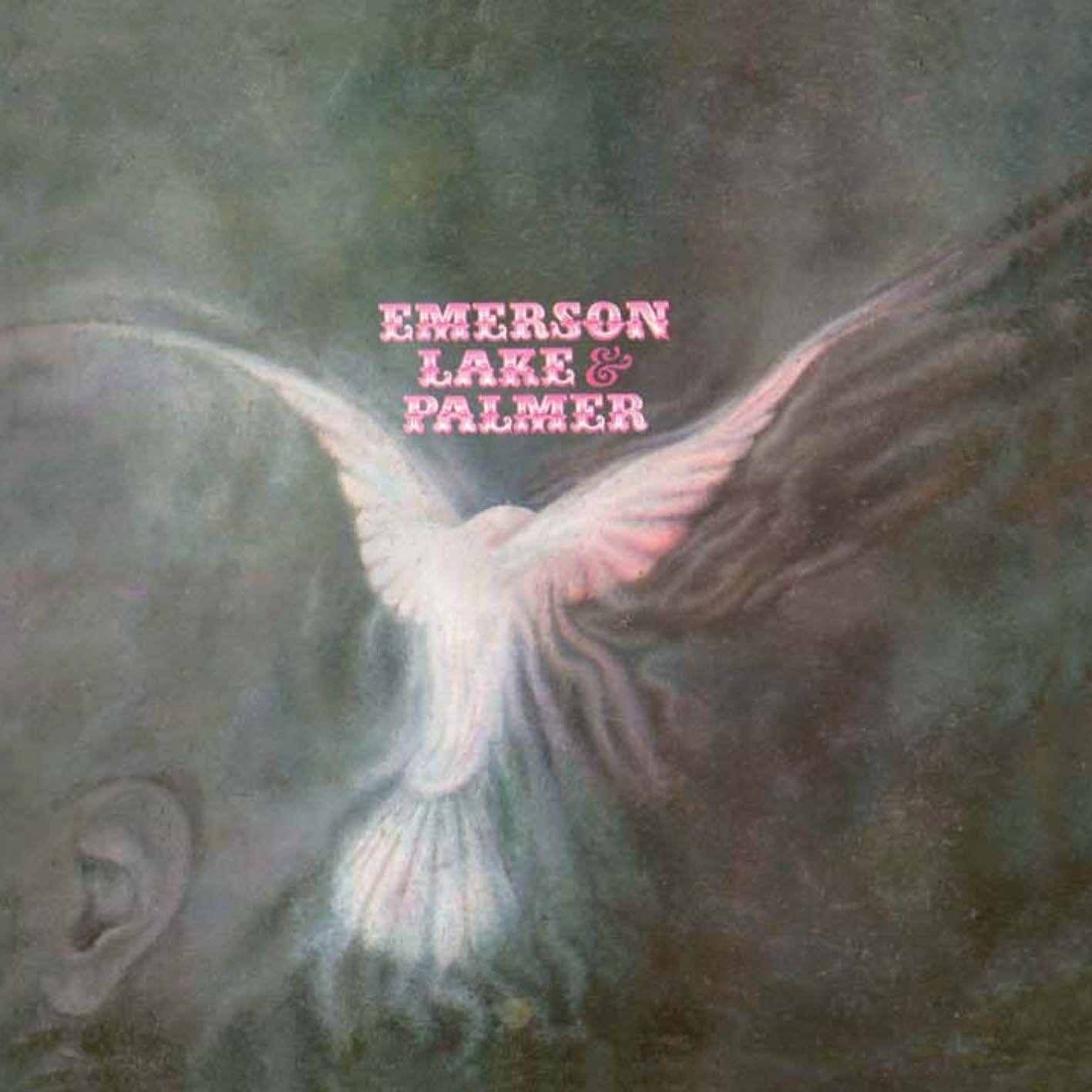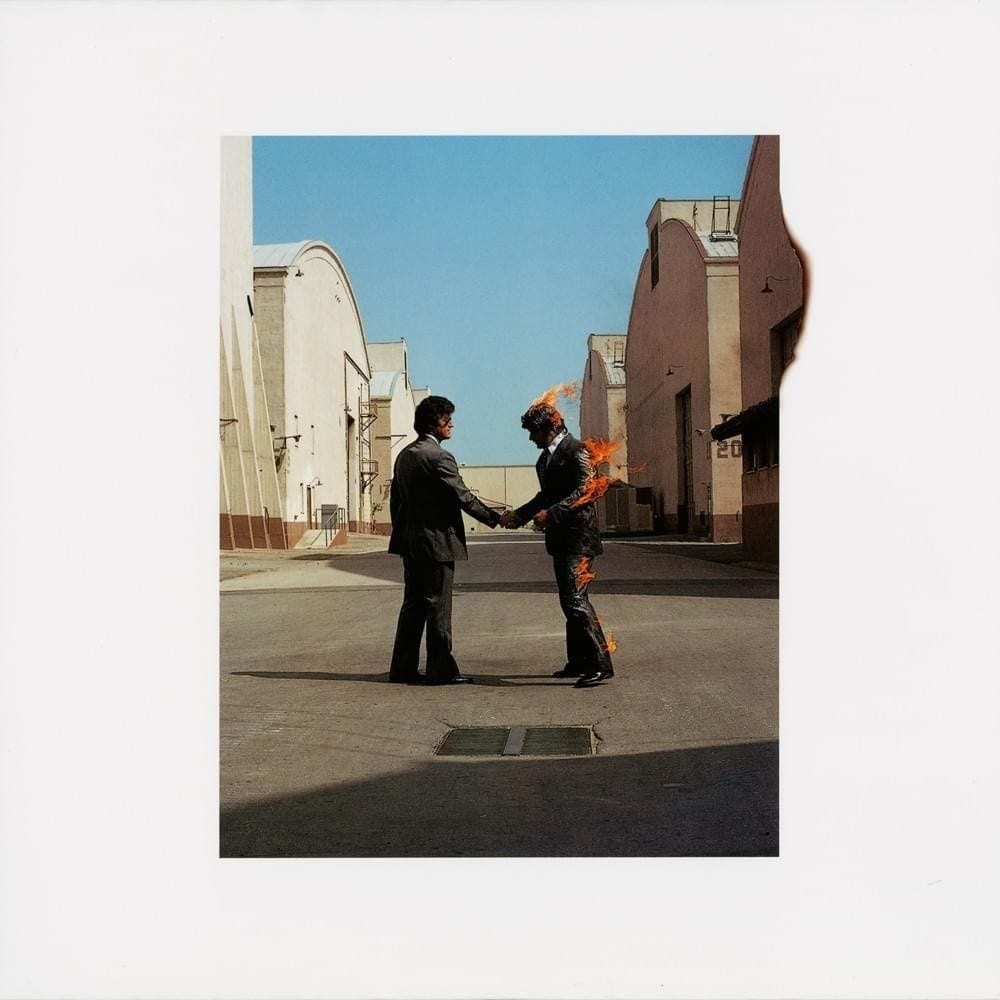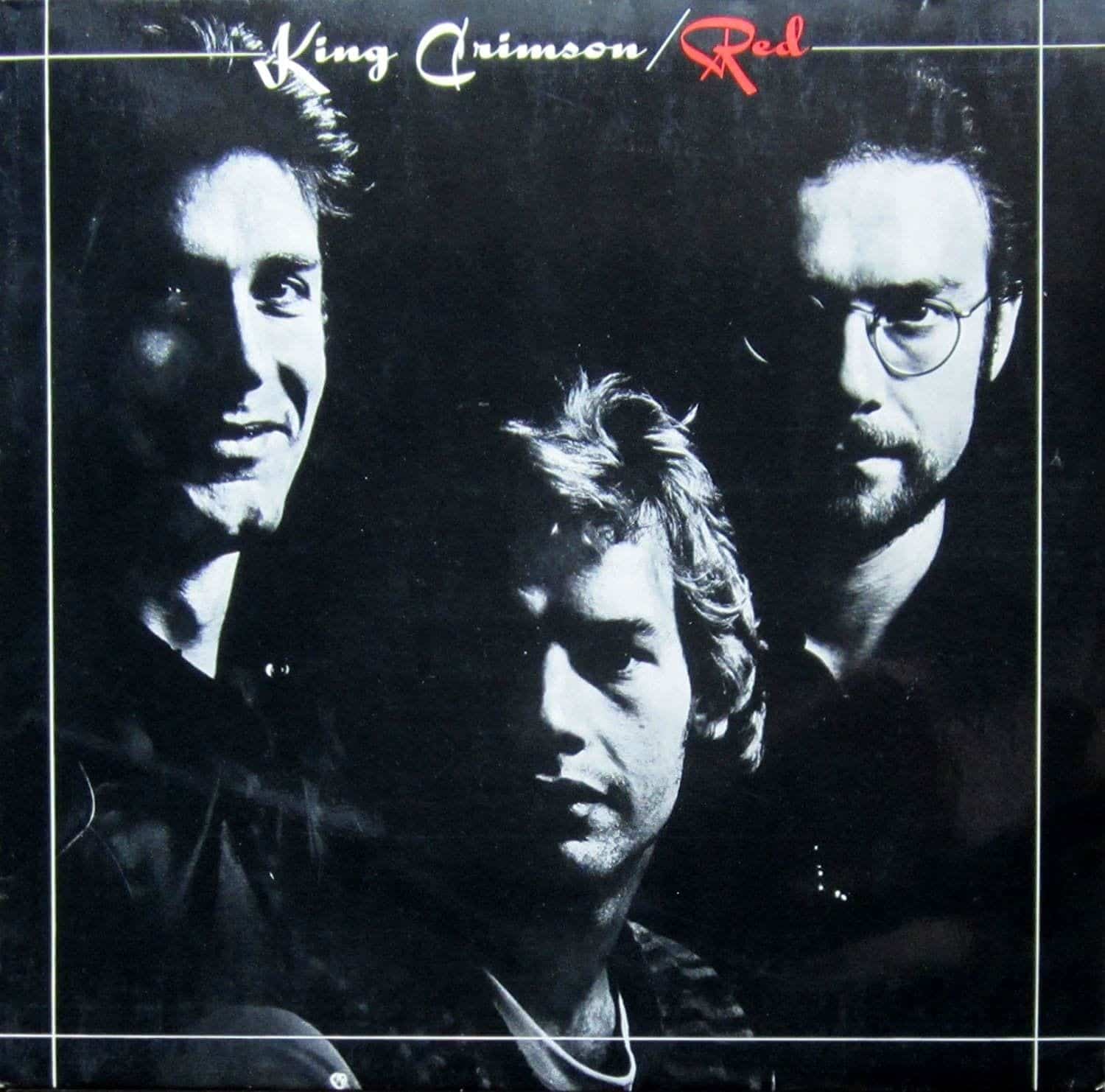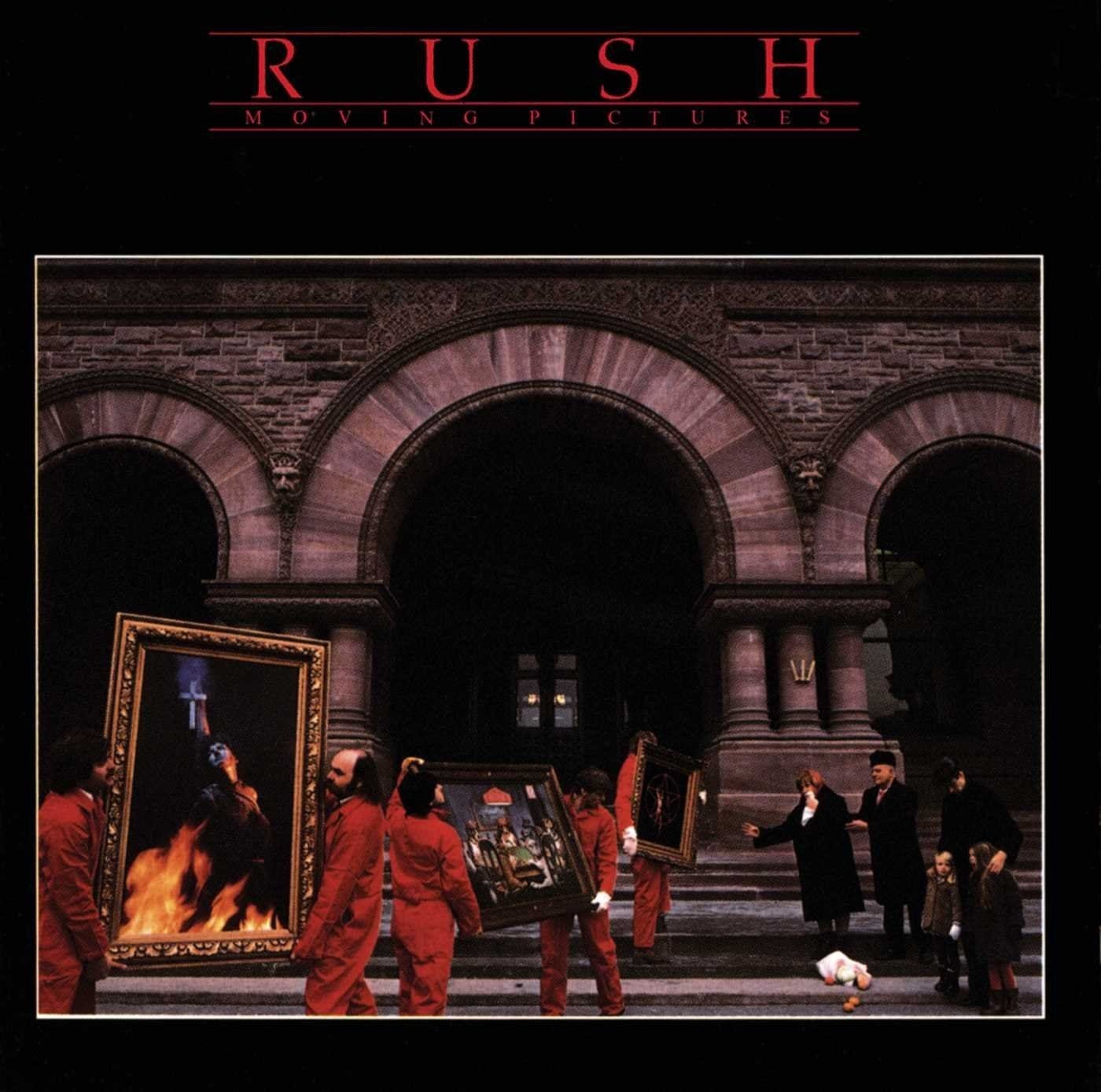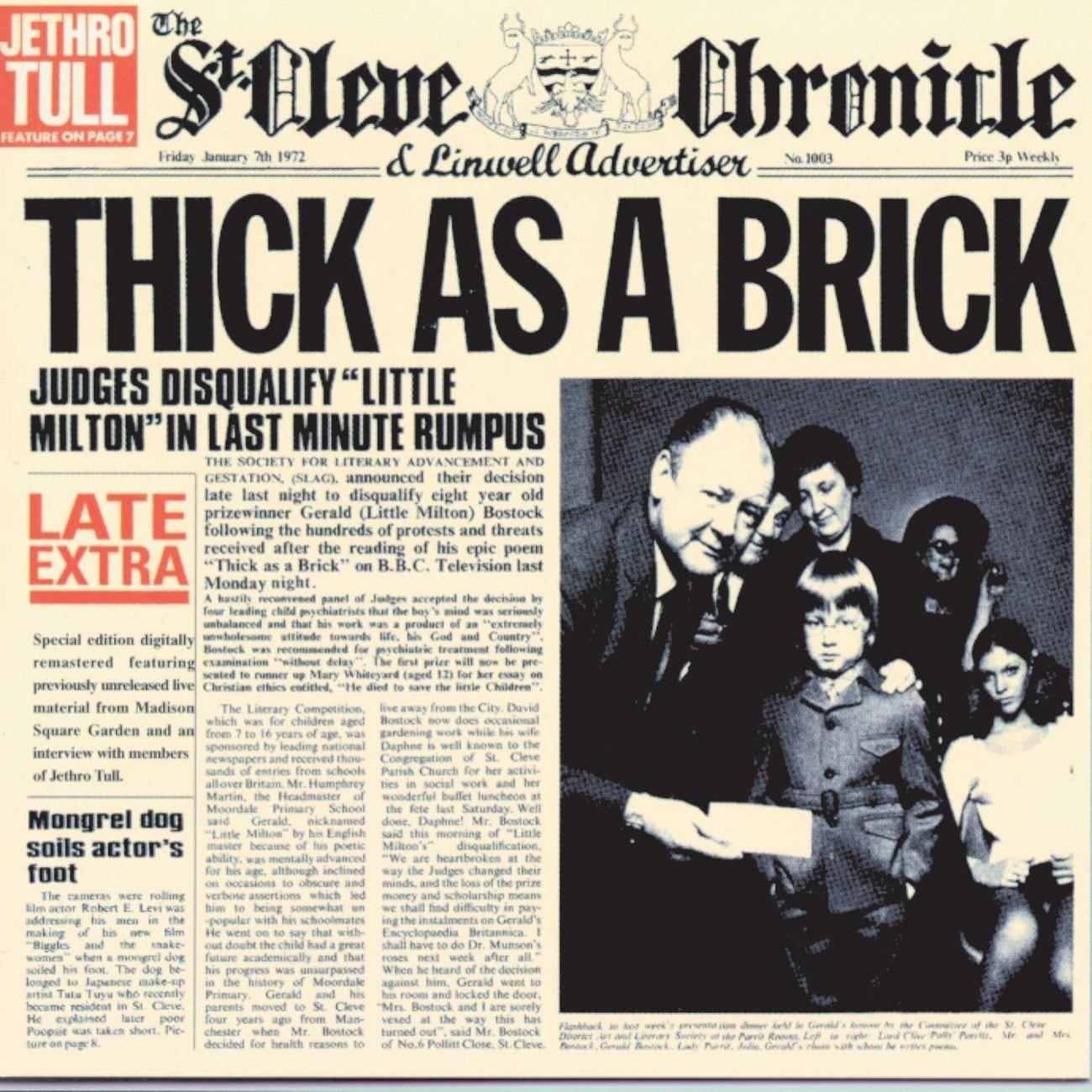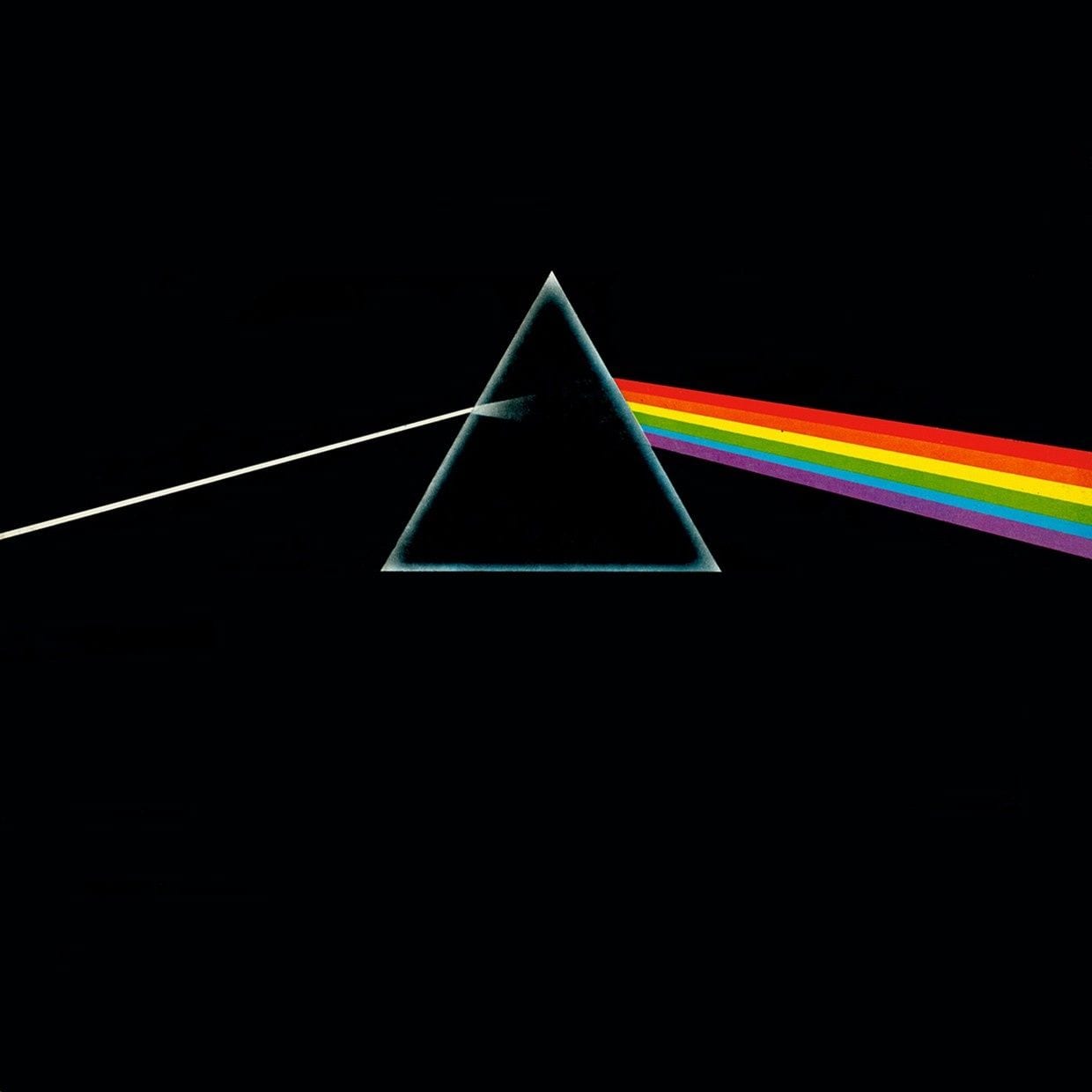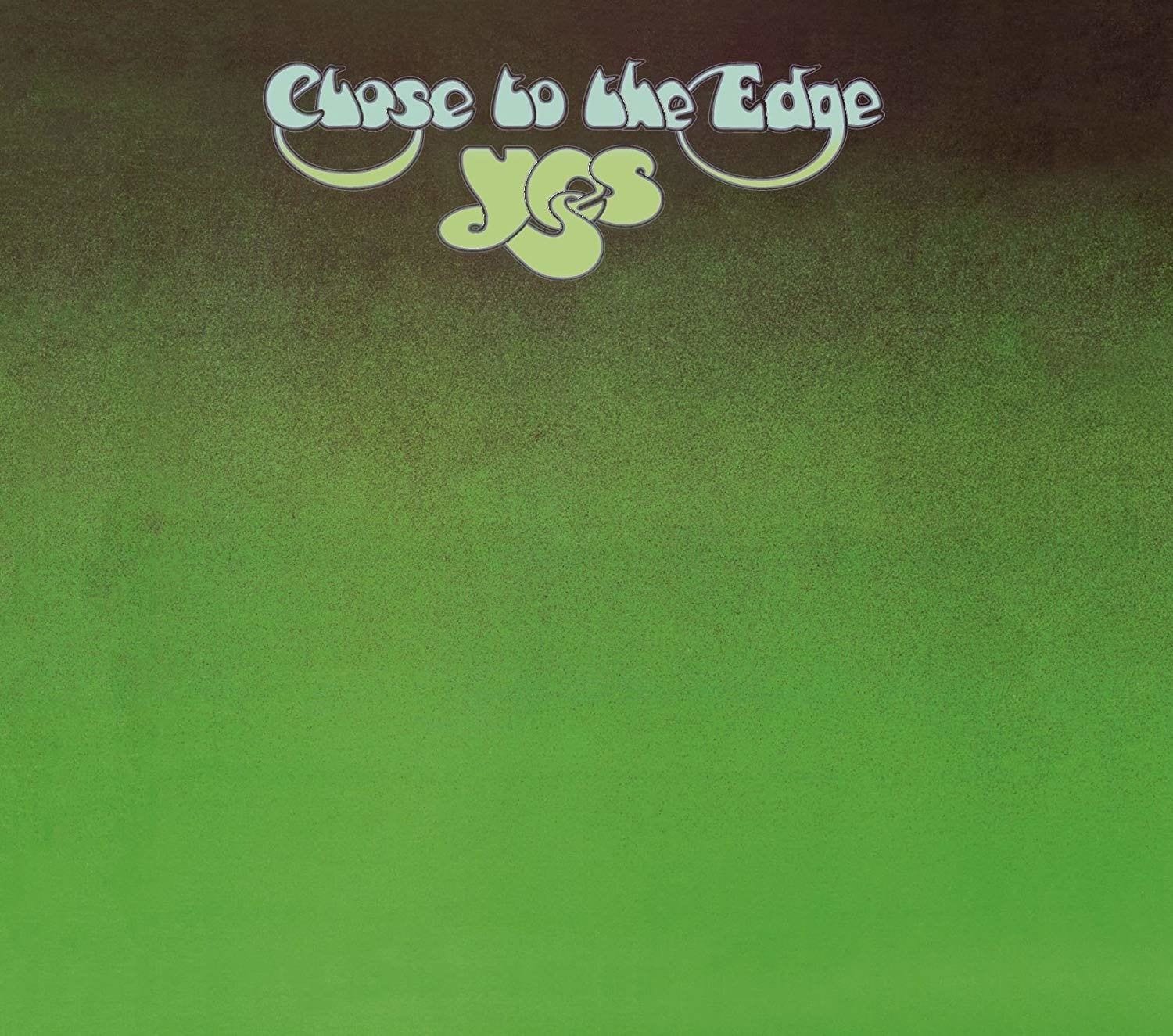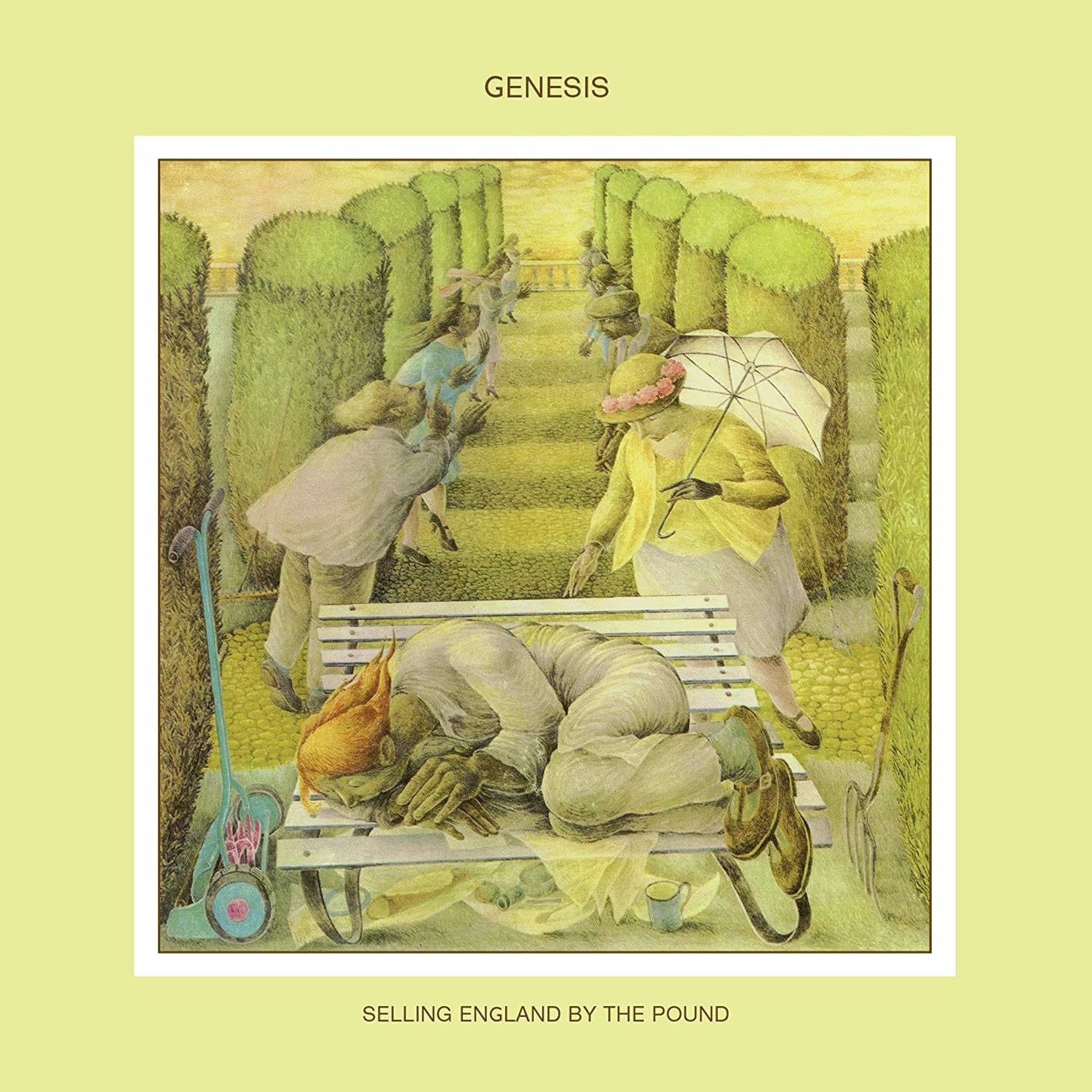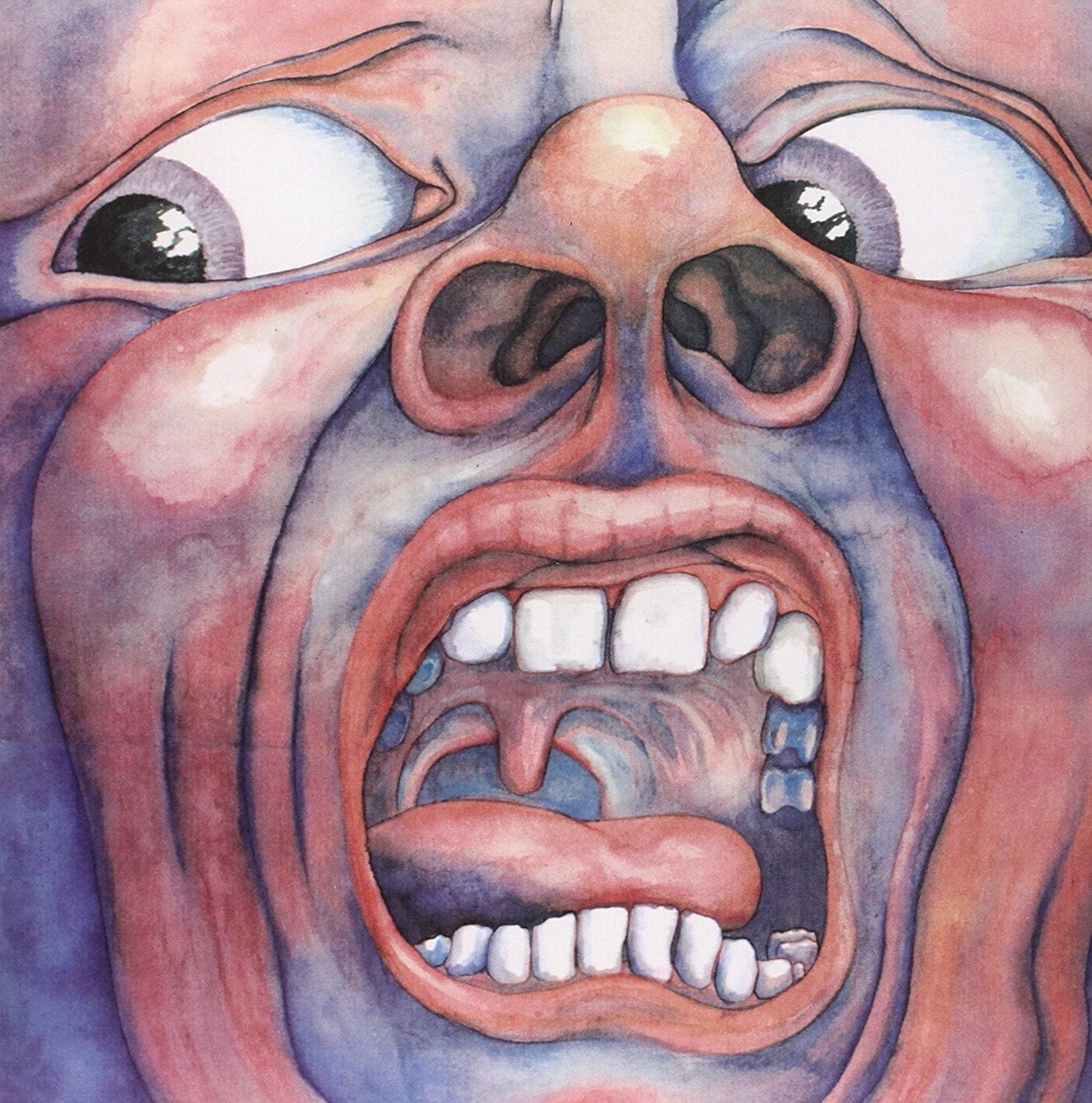топ 25 лучших альбомов прогрессивного рока по версии progarchives
Автор: STEFSOFT
обновлено over 7 years ago
The top 100 progressive rock records as chosen by writer, DJ and prog-rock nut Stefan Turner.
Arguably the first ever prog-rock record, King Crimson’s mellotron-soaked debut still has the power to shock and surprise allmost half-a-century after it’s release. Issued in 1969, ‘In The Court Of The Crimson King’ remains Crimson’s finest LP.
Before the overblown bombast of ‘Tales From Topographic Oceans’ came this, Yes’ fifth studio album. One of their most ambitious and thrilling works, ‘Close To The Edge’ proved so good that drummer Bill Bruford immediately quit the group following the album’s release, convinced that Yes would never be able to produce anything even half-as-good. He was almost right, too.
Floyd’s highly-anticipated follow-up to the all-conquering ‘Dark Side Of The Moon’, this 1975 album proved a more than worthy successor and arguably their most accesible work before Roger Waters quit the group in 1985. Featuring the elegiac Syd Barrett tribute ‘Shine On You Crazy Diamond’, the brooding ‘Welcome To The Machine’ and the achingly-beatiful, tear-duct bothering title-track, ‘Wish You Were Here’ finds the Floyd operating at the very peak of their impressive powers.
Ian Anderson’s endearing spoof of the early-seventies penchant for ‘concept’ albums, 1972’s ‘Thick As A Brick’ features just one, forty-minute track split over two sides, showcasing both Anderson’s witty lyrical skills and the group’s blistering instrumental creativity. Blending Tull’s background in blues and folk with a strong prog-rock streak, this really is the ultimate concept album.
Heavily influened by Miles Davis’ ‘Bitches Brew’, this third album from the Canterbury outfit saw the group eschew the playful psychedelic style found on their first two albums, instead producing a full-blown, double-sided jazz-fusion epic. Deeply-cosmic, and featuring a quartet of breathtaking technical displays from the increasingly-confident group, this 1970 album ranks as one of the finest fusion albums of any era.
The second of just two albums produced by this little known British outfit led by the talented Goldring brothers, ‘Lady Lake’ falls somewhere between the wild-eyed histrionics of Van Der Graaf Generator and the complex, mellotron-soaked melodies of King Crimson. Intricate, melodic and at times utterly breathtaking in it’s execution, this is an album(and a group) that deserves so much more than the minor cult reputation that they have slowly-cultivated over the forty-odd years since the 1972 release of this stunning album.
A wonderful example of the Canterbury sound, ‘In The Land Of Grey & Pink’ was Caravan’s third album and arguably their most imaginative. Featuring sun-dappled ditties, organ-drenched epics and the group’s trademark quirky humour, this is the perfect introduction for those who have yet to investigate Canterbury prog in all it’s glory.
Perfectly summed-up by both the mysterious cover art and song titles such as ‘Vulcan Worlds’ and ‘Beyond The Seventh Galaxy’, this 1974 album from Chick Corea’s uber-talented fusion exponents hits an almost perfect balance betwen the cosmic jazz soundscapes of the album’s longer pieces and off-the-cuff instrumental extravagance drummed up by the quartet of Corea, bassist Stanley Clarke, guitarist Al Di Meola and drummer Lenny White. Outrageously good.
Genesis’ fourth album, and the third featuring the classic line-up of Tony Banks, Mike Rutherford, Peter Gabriel, Steve Hackett and Phil Collins, ‘Selling England By The Pound’ marks the maturing of the British group’s symphonic sound, tempering the surreal fantasies offered by the group’s previous albums with a dose of welcome humour. Featuring the (surprise) mini-hit single ‘I Know What I Like (In Your Wardrobe)’, this marks the moment Genesis entered the prog-rock big league.
A singularly beautiful and haunting album, ‘Si On Avait Besoin D’une Cinquieme Saison'(to give it it’s full, proper title) was the second album from this now-legendary Quebecois outfit. Originally a folk trio, this 1975 album marks a huge leap forward from the simple folk sound of their debut, featuring a lush, symphonic sound, Serge Fiori’s glacial vocals and a pair of sumptuous epics in the form of the album’s pair of closing tracks.
The group’s first album proper after the strange and dissonant ‘The Aerosol Grey Machine'(essentially a Peter Hammill solo album), this Charisma-issued debut-of-sorts introduced the world to the starkly-intense sounds of this peculiar outfit. A jagged, brooding yet undeniably powerful and poetic set topped off by the epic closer ‘After The Flood’, this is very much the dark side of British prog.
Much-maligned for their later works and major targets for the punk uprising, ELP may have eventually lost the plot yet for a few brief years at the beginning of the 1970’s they were one of the most exciting and invigorating new groups around. Untouched by the bombast of later works, this carefully-crafted debut finds the trio blending their unique individual skills into such spellbinding works as ‘Take A Pebble’, one of the group’s most enduring songs.
The only album this short-lived Italian group ever issued, 1975’s ‘Maxophone’ simply needs to be heard to be fully understood. Blending elements of jazz, rock and Neapolitan folk, whilst also featuring a strong symphonic streak, this is one of the all-time great Italian prog-rock album’s from the country’s golden era.
The group’s fourth album, 1971’s ‘Fragile’ is arguably Yes’ most important release, kick-starting their early-to-mid-seventies golden period and featuring a number of noteable firsts for the talented British group. This would be the first Yes album to feature a sleeve designed by Roger Dean, the first to feature star keyboardist Rick Wakeman, and, most importantly of all, the group’s first major commercial success. As such, tracks such as the classic rock staple ‘Roundabout’ and the epic ‘Heart Of The Sunrise’ have become the stuff of prog legend, as ‘Fragile’ found Yes fully realising the lush and thrilling symphonic sound that would become their trademark.
Led by Scottish trumpeter Ian Carr, Nucleus issued a series of adventurous jazz-fusion albums from 1970 onwards, yet like many their finest moments came early. Issued on the Vertigo label, ‘We’ll Talk About It Later’ followed the group’s incendiary debut by a matter of mere months. Both album’s are outstanding, yet this dazzling sequel just about edges it. Featuring a more muscular brand of jazz-rock than it’s predecessor, this is Carr and his supporting sextet offering up a technically dazzling display from beginning-to-end.
Camel’s strongest and most progressive record, 1974’s ‘Mirage’ was a huge improvement on the group’s mellow debut. Featuring a faster and edgier style, a series of virtuoso displayers from keyboardist Andy Latimer and guitarist Peter Bardens and the impressive ‘Lady Fantasy Suite’, this is prime British prog indeed.
After Peter Gabriel exited Genesis following the group’s 1975 tour the music papers immediately began writing Genesis’ obituary, convinced that without their enigmatic frontman they were finished as a viable group. Of course we all know what happened next, as drummer Phil Collins was promoted to lead vocalist, the slimmed down quartet proving just about everyone wrong with this delightful 1976 ‘comeback’ album, and Genesis went on to enjoy a hugely-successful career and develop into one of the biggest rock group’s of the 20t century. Go figure.
Known internationally as PFM, this legendary Italian outfit were one of the leading members of Italy’s thriving mid-seventies prog scene, issuing a series of successful albums in their homeland before adopting to singing in English and developing an international fanbase after the release of the 1975 album ‘The World Became The World’. However, their reputation largely rests with their first two Italian-language albums, both of which rank amongst the very best of Italian prog. The second of the two, ‘Per Un Amico’, is the true masterpiece, featuring a rich, warm and woozy mellotron-drenched sound that leaves the listener with a golden glow.
Quintessentially British and key purveyors of the Canterbury sound, the trademark Caravan mixture of light, jazzy breaks, witty lyrics, epic organ solos and intricate instrumental flourishes truly came into being on this delightfully inventive second album from 1970. Dave Sinclair’s virtuoso displays on the organ, as found on the twelve-minute suite ‘Can’t Be Long Now’, are simply astonishing.
A stark and brooding landscape of jagged guitars and muscualr riffs, and one of the first heavy metal records, King Crimson’s ‘Red’ was the group’s final album before their surprise split in 1974. A critical-and-commercial success, and undoubtedly the strongest release since 1969’s genre-defining debut, ‘Red’ utterly eschews the intricate, mellotron-daubed prog of Crimson’s first five albums, prefiguring the seventies rise of hard rock in the process and showcasing a moody power-trio format made up of three of the most iconic prog-rock performers.
A bruising, metallic, bass-heavy beast of an album, ‘Red’ is progressive rock at it’s darkest and heaviest. Again, you have been warned.
After the mystical psychedelia of their 1960’s output, ‘Meddle’ seemed to mark the moment Pink Floyd truly found their musical feet. Issued in 1971 and their first studio album since the poor-selling ‘Atom Heart Mother’, this is the first true Floyd masterpiece, blending a disparate array of styles that run the gamut from full on space-rock to febrile ethnic folk, lazy sunday blues and lazily-strummed acoustica.
But that’s just side 1.
Sprawling over the entire second side, the twenty minute cosmic rock marathon ‘Echoes’ was the first Floyd epic, a dazzling cosmic rock marathon that peaks in a moment of almost celestial glory after a pulsating twenty-four minute build-up.
One of prog-rock’s purest exponents, this outrageously-talented British group was led by the brothers Shulman, three multi-instrumentalist brothers who had previously enjoyed minor chart single success with their late-sixties pop-psych outfit Simon Dupree & The Big Sound. Wanting to put their skills to the test, the trio hired guitarist Gary Green, drummer John Weathers and fellow multi-instrumentalist Kerry Minnear, forming Gentle Giant in 1970. By the time of this 1974 album the eldest Shulman had departed, but the group’s sound was going from strength-to-strength, becoming harder and more intricate than their early works(if that was possible).
Ultimately, ‘In A Glass House’ would begin Gentle Giant’s strongest run of albums, and lay down a marker for sheer prog excellence. A simply stunning evocation of musical ambition, Gentle Giant made the step up to the big league with this astonishing display of instrumental excellence.
Highly-obscure before the rise of the internet and not exactly well-known circa 2014, British jazz-rock outfit Catapilla issued two albums before disappearing into the murky realms of rock ‘n’ roll myth. With original copies now fetching ridiculous sums, this 1970 debut has become one of the most sought-after Vertigo albums, and for good reason. Featuring a hazy, edgy sound and some thrilling instrumental sojourns, Catapilla blend daring jazz-rock dynamics with ethereal psychedelia and a sometimes frenzied ambience summed up by vocalist Ann Meek’s extraordinary display of high-pitched howling, hooting, screaming and hollering.
Хотите увидеть другие списки от сообщества Discogs? Просмотрите Недавние списки.
The 25 Best Classic Progressive Rock Albums
Editor’s Note: This list was researched and curated by Sean Murphy.
The (Really) Amazing Pudding
A guarantee: you are not going to agree with this list.
I’m not either. And that’s the thing with lists, especially lists about music: they are malleable. Kind of like the old saw about one person’s Utopia being another’s Abaddon. Although with utopias an individual vision is probably easier to articulate. How many people do you know can declare, day-to-day, what their favorite albums or songs are? Would you, as a music enthusiast, necessarily trust anyone who could rank their all-time desert island discs and never revise or at least second-guess that list?
And yet, as the purpose of this column has been to revisit, reassess and, above all, celebrate all-things prog rock, it’s inevitable we grapple in some fashion with the best of the best. As such, and to ensure some measure of consistency, I’ve set up some sensible but entirely self-appointed guidelines. For me, the initial and still-golden era of prog rock starts in 1969 and ends in 1981. And, since debate will — and should– forever rage regarding which bands are or are not part of the progressive genre, I’m (quite contentedly) limiting discussion to acts hailing from the UK and here across the pond, including a certain trio from the Great White North. Whether this decision is defensible is subject to debate, and I welcome (and can predict) alternative suggestions in the comments section. If a particular band is overlooked the ultimate question must be: however worthy, could any of their albums supplant any on this list? My conclusion, after weighing the options, is that they could not.
If, inevitably, certain acts figure prominently, no apologies are offered. This is not an exercise in anointing personal preferences, but an inventory of the best albums. So while many of these final choices were easy to make, it was still excruciating to cull what necessarily began as a large list.
A quick shout out to some (but not all!) of the selections that didn’t quite make the final cut. From Gentle Giant, The Power and the Glory; from Camel, Mirage; from Pink Floyd, Atom Heart Mother and Meddle; from Jethro Tull, Minstrel in the Gallery and Songs from the Wood; from Yes, Going for the One and Tales from Topographic Oceans; from Genesis, Nursery Cryme and A Trick of the Tail; from Rush, A Farewell to Kings and Permanent Waves; from ELP, Pictures at an Exhibition and Brain Salad Surgery; from King Crimson, Lizard, Islands and especially In The Wake of Poseidon; and two wild cards: Traffic’s The Low Spark of High-Heeled Boys and from the Moody Blues, On The Threshold of a Dream. Anyone who loves progressive rock (and lists) can appreciate that many, many additional choices were affectionately considered.
One final note: in general individual tracks are not discussed in part to avoid giving this article an even more unwieldy word count, but better still, because The Amazing Pudding will be examining the Top 100 Progressive Rock songs every other month throughout 2016.
25. King Crimson – Larks’ Tongues in Aspic [1973]
When it comes to the absurdly resourceful bench of prog rock bands, King Crimson was probably the most versatile of them all. Certainly they were the most adventurous, with ceaselessly shifting line-ups inspiring entirely new sounds. One could play a song from their first, third, and fifth albums and the average listener would have no clue it was the same band. And that, in some regards, is the premise and essence of progressive rock. Guitarist/resident visionary Robert Fripp is, as always, guiding the ship into ever-weirder waters, but it’s the introduction of (former Yes) drummer Bill Bruford and the one-two punch of David Cross (violin) and Jamie Muir (percussion) that make this one of the most distinctive offerings in the Crimson catalog.
24. Yes – Fragile [1971]
Swapping out the fully competent Tony Kaye for keyboard virtuoso Rick Wakeman put Yes on an completely new level; by the time they recorded Fragile the group had a veritable genius on each instrument. More indulgent than The Yes Album, as each member gets their own solo showcase (with mixed results), the high points on this one are among the best things Yes ever did. While “Roundabout” functions as a seminal prog-rock touchstone, it’s the other extended tracks that make Fragile far greater than the sum of its parts. “South Side of the Sky” provides ample evidence for why the Wakeman upgrade was obligatory, and “Heart of the Sunrise” remains the most purely distilled product of this band’s considerable powers.
23. Pink Floyd – The Wall [1979]
The Wall might be prog rock’s White Album in the sense that different fans would disagree which songs are sublime and which are second-tier. Most folks would concur that, while exceptional overall, this sprawling and extravagant (see: Waters, Roger) opus is a notch or three below the holy trinity of masterpieces that preceded it. Still, it’s difficult to deny that some of the Floyd’s finest work is represented (“In the Flesh?”, “The Thin Ice”, “Hey You”, “Comfortably Numb”), even if Waters had long since set his ego for the heart of the fat old sun. One of Pink Floyd’s — and prog rock’s — last gasps, The Wall endures as the kind of album the best bands made when the best bands made these type of albums.
22. Rush – 2112 [1976]
Just over halfway into the decade, when many of the old guard progressive rock bands were out of ideas or on hiatus, Rush delivered one of the genre’s definitive anthems. If the second side has mostly aged as poorly as the scarves and kimonos the band sports on the back cover, the title track still sounds at once familiar and forward-looking. Where on their previous three outings the trio wrestled uncomfortably, at times, with Led Zeppelin aggression and Pink Floyd-ian precision, everything came together for the masterpiece that served as coming out party and remains a calling card. Interestingly, while plenty of pundits (then, now) find Rush — in general and prog rock in particular — too pretentious to bear, this particular album has more in common with the much celebrated punk rock ethos that served, along with disco, to serve the progressive movement its last rites.
21. Emerson, Lake & Palmer – Tarkus [1971]
All these years later, there’s no denying this remains high on the list of all-time worst album covers (meaning it’s also kind of awesome, in its way). If the cover art, like the band’s existence, seems to function as an upraised middle finger to critics, the music inside is no joke. Not unlike 2112, the second side is, at times, inconsequential, but Tarkus is a delivery device the side-long title suite. This is where grandiosity meets spectacle, with a storyline as bewildering as it is half-baked. But the music? With ELP it’s all about the music, and the mood — only more so. The martial Sturm und Drang of the opening notes billowing into the scorched earth lamentation of what is supposedly a tale of evolution in reverse expertly balances bedlam with resolution. Art-with-a-capital-A; Epic-with-a-capital-E, Pomposity-with-a-capital-P, etc.
20. Gentle Giant – Octopus [1972]
Gentle Giant has always been relegated to the second or third tier, worshipped by a select contingent. This of course is a phenomenon that imparts a certain aesthetic credibility; only the people who are really in the know are aware of them. Or, you have to work harder to find your way to this band. Octopus ably matches the group’s lofty aspirations and their impeccable musicianship, and stacks up nicely with other prog masterpieces of the era, no mean feat. Typical period pieces like “The Advent of Panurge” (if you are going to get literary, don’t half-step!) and “Raconteur Troubadour” are stylistically and sonically all over the place but always in control. On this outing the band knows what it’s after and is able to achieve it.
19. Van der Graaf Generator – Pawn Hearts [1971]
For people to whom even Gentle Giant is not out-there enough. This, as much as any music of the genre, is a take it or leave it proposition, which might explain why this band (and, in particular, this album) has unwavering disciples while those who dabble in prog rock — assuming such people exist — may have never heard it. Here it is, for better or worse, work that embodies many of the best accolades and worst epithets of the genre: ambitious, self-conscious, literate, sprawling, obscure, and unadulterated.
18. Genesis – Foxtrot [1972]
If the band took a major step forward with Nursery Cryme, they took an Olympic vault with Foxtrot. Ominous, dark and dense where they were previously more whimsical and wide-eyed, this is where Peter Gabriel made his play for whackiest and most wonderful frontman in the crowded prog circus, circa 1972. Lyrically, the album touches on everything from space travel to ancient rituals to the ecology, homing in on man’s arrogance and ignorance. And then there’s “Supper’s Ready”, which most fans consider the ultimate Genesis song, if not the apotheosis of prog rock. Everything and the kitchen sink? They even throw in some shit from the neighbor’s house for good measure.
17. Jethro Tull – A Passion Play [1973]
It was a shame, then, and remains regrettable, now that some folks don’t have the ears or hearts for this material, as it represents much of Ian Anderson’s finest work. His voice would never sound better, and he was possibly at the height of his instrumental prowess: the obligatory flute, the always-impressive acoustic guitar chops and, for this album, the cheeky employment of a soprano saxophone. It’s a gamble (and/or a conceit, depending upon one’s perspective) that pays off splendidly: a difficult, occasionally confrontational, utterly fulfilling piece of work. The subject matter, so perplexing at first blush, is a relatively straightforward examination of what happens after death. Literary allusions abound, and one wonders if this project had been described as rock music’s version of Dante’s Inferno it may have fared a bit better. (Probably not.)
16. Camel – The Snow Goose [1975]
As critics of this list will no doubt agree, certain bands seem to suck up all the oxygen (this is neither of the fault of those bands or those making the lists, if we’re to be honest). But while a handful of excellent groups should receive more praise, it’s difficult to think of one more unjustly overlooked than Camel. Granted, for the uninitiated, a lazy overview might suggest they sound something like Ian Anderson fronting Genesis, with the flute replacing the vocals. Camel is much more than that, and while their first several albums are all close-to-excellent, The Snow Goose is their masterpiece. More, it’s one of the underappreciated jewels in the Prog Crown. No distracting and/or flamboyant lyrics to contend with, it’s one extended, often gorgeous and always engaging musical suite.
15. Yes – The Yes Album [1971]
Just as Fragile was a showcase of sorts for Rick Wakeman, The Yes Album introduced Steve Howe as the guitar player’s guitar player. On each song he pulls another riff out of his hat and his solos still sound immaculate, all these years later. Jon Anderson, prog rock’s choir boy, is in all his multi-tracked glory and the remarkable rhythm section (Bill Bruford and Chris Squire) represent possibly the most potent combination rock has ever heard. Ludicrous lyrics, interesting album cover, unparalleled musical proficiency and an all-time prog rock epic (“Starship Trooper”), The Yes Album has something to offer anyone.
14. Pink Floyd – Animals [1977]
Interestingly, while the two albums that preceded it and the blockbuster that followed it receive — if demand — most of the attention, Animals is arguably the most cohesive and satisfying concept album Pink Floyd recorded. Neither as immediately arresting nor as alluring upon repeated listens, Animals is, among other things, the last time all principle songwriters came together in the service of a project that superseded ego and personal ambition. Separating the human species into three basic groups, Roger Waters gets politicians, corporate strivers and their timid victims into his sights. David Gilmour and Rick Wright, working gamely within this structural framework, lend some of their best support, helping turn what might have been an irredeemably dark and disconsolate work into something that illuminates the filth without wallowing in it.
13. King Crimson – Discipline [1981]
After an extended hiatus and just as prog’s first decade ended, Fripp got behind the wheel for another series of remarkable efforts. Retaining Bruford and recruiting agile bassist Tony Levin, it was the audacious decision to employ a second guitarist (Adrian Belew, who also handled vocal duties) that gives this collective its characteristic sound. Fripp’s exposure to new wave, complemented by an increasingly globe-ranging palette, alongside Belew’s supple support, results in material that is challenging yet concise. On songs like “The Sheltering Sky” Fripp incorporates virtually every trick in his arsenal, creating something that integrates multiple source-points (African, Indian, and Western). The title track is like a business card for the new decade: Fripp asked a lot of his audience, but he’s always asked more of himself.
12. Rush – Hemispheres [1978]
Let’s give it up for a band that, while disco raged, punk roared, and prog rock was already deep into its death-spiral, was just getting started. Indeed, Hemispheres represents at once a summation and a point of departure for what Rush had been trying to accomplish throughout the ’70s. This was the last side-long “suite” Rush attempted, and it remains the last necessary one any prog-rock group ever did. Not as incendiary or influential as 1976’s 2112, it will have to settle for merely being flawless, and the pinnacle of the band’s output to this point.
By 1978 the trio was truly hitting on all cylinders, musically: arguably the most ambitious of all the progressive bands (which is really saying something), Rush had spent the better part of the decade trying to make a cohesive statement where all elements came together. Interestingly, if not ironically (since irony is anathema to prog-rock) this album/song that studies, and then celebrates the separate hemispheres (of our left/right brains, of our organized/emancipated natures) matches the smarts and technical proficiency with the ingredient that would play an increasingly obvious and vital role in the band’s subsequent work: soul.
11. Genesis – The Lamb Lies Down on Broadway [1974]
How much further out could Peter Gabriel go after this often impenetrable, messy and miraculous album? Nowhere at all, at least with Genesis, and it could be suggested that the rest of his consistently rewarding solo career is a journey inward, back from whatever near-insanities he courted while recording Lamb. The album is “about” the split personality of a homeless kid named Rael, adrift in New York City, like Moby Dick is about a whale. Consistent with so much exceptional music from this genre, whatever it ostensibly means is minor in comparison with the music and the emotion. Urgent, exceedingly dark, disorienting and, at times, almost unbearably beautiful (“Hairless Heart”, “The Lamia”), it also features one of the all-time examples of prog rock perfection: “The Carpet Crawlers”.
10. Jethro Tull – Aqualung [1971]
One thing that plagues even some of the better progressive rock music is how utterly of its time it can sound. (Not that there’s anything wrong with that!) Like most of the bands already discussed, few people would have difficulty tying the majority of these albums to their era. Jethro Tull, particularly on Aqualung, nevertheless manages to present a song cycle — meshing Ian Anderson’s acoustic strumming with Martin Barre’s abrasive electric guitar chords — that manages to sound not only fresh but vital, even today. Understanding that the tunes are essentially asking “What Would Jesus Do?” in the context of a mechanized and materialistic society (circa 1971; circa 2015), Aqualung is prog-rocks J’accuse. Anderson makes a case for the better angels of the ’60s ethos, with nary a flower, freak-out or paean to free love. The ugliness of the way we tend to treat one another is, at times, reflected in the brutality of the music, and drives the relentless soundtrack to a state of affairs that arguably worsened as the “Me-Decade” got its malaise on.
9. Emerson, Lake & Palmer – Emerson, Lake & Palmer [1970]
Their self-titled debut was not an introduction so much as a kind of coronation: We are geniuses, hear us roar! The ideas and styles crammed into these six songs are at once staggering and overpowering, yet they manage to pull it off so that it never seems superfluous or overwrought (that problem would surface later on in their career). If King Crimson, during their prime, were not satisfied until they upped the ante past the point of endurance (for the uninitiated or enlightened; that is), Emerson Lake & Palmer made indulgence and excess their calling card. Adventurous, audacious and, yes, at times pretentious, ELP threw down a gauntlet and, at their best, produced works that still sound miles ahead, in terms of musical proficiency, conception and execution, of what just about any other rock band is capable of achieving.
8. Pink Floyd – Wish You Were Here [1975]
An extended meditation on loss, the lyrics certainly address Syd Barrett and serve as equal parts explanation (of) and apology (for) what really went down in 1968. But Waters’ words are expressive enough to welcome additional, deeper interpretations. Certainly songs like “Have a Cigar” and “Wish You Were Here” speak to Loss with a capital L: loss of innocence, loss of intimacy or loss of connection(s) to others as well as oneself. If the two-part suite “Shine on You Crazy Diamond” is a rousing elegy for Barrett, “Welcome to the Machine” manages to condemn stardom, the system (military, corporate, entertainment) and the eventual disenchantment that follows success, all while creating a seven-minute soundtrack to make Dystopia sound at once inevitable and irresistible.
7. King Crimson – Red [1974]
Although King Crimson seemed, sonically, locked in to make a sustained run, Red turned out to be their final album of the ’70s. This was entirely Fripp’s decision, the result of burnout and likely, if understandably, residual exhaustion from his almost ceaseless work. The album begins and ends with signature songs — for the band and prog-rock. The title track is a yin yang of intellect and adrenaline, underscored by a very scientific, discernibly English sensibility: it’s the closest thing rock guitar ever got to its own version of Coltrane’s “Giant Steps”.
The closer, “Starless”, is epic in every sense of the word; one of the all-time prog masterworks. Brooding and heavy, fraught with feeling and foreboding, it’s an exercise in precision, the apotheosis of their “dread and release” formula. It builds an almost unbearable tension, breaking at last through the darkness; less like the tide retreating and more like an ocean disintegrating into air. If ever a rock album could be said to invoke Poe’s famous “unity of effect” theory, Red remains one of the most fully felt, affecting artistic statements in the genre.
6. Rush – Moving Pictures [1981]
Rush arrived at the prog party later than their compatriots, but unlike other acts who began to both born out and fade away, this trio emulated the best aspects and steadily engineered their own wholly unique and rewarding style. Moving Pictures is, without any question, not only Rush’s masterpiece, but one of those rare albums that epitomizes an era. It represents both a culmination and a progression: the peak of the band’s development as well as the blueprint for Rush’s subsequent work. More, it is a template of sorts for the way rock albums were made in the early ’80s. It, along with King Crimson’s Discipline, illustrates that the first great era of progressive rock had been taken as far as it could, or should, go. Prog rock became, in some ways, something very different than it was in the late ’60s, and that’s the point of its appeal. Always recognizable but seldom derivative, it pushed boundaries, sought new ways to explore sound and feeling and striving to become, as Rush put it best, “emotional feedback on a timeless wavelength.”
5. Jethro Tull – Thick As a Brick [1972]
Jethro Tull was on top of the world (and the charts) in 1972 when Thick As a Brick became the first pop album comprised of one continuous song to reach a widespread audience. The concept may have been audacious, but the music is beyond belief: this is among the handful of holy grails for prog-rock fanatics, no questions asked. If Aqualung doubled down on the “concept album” concept, Thick As a Brick functioned as a New Testament of sorts, signifying what was now possible in rock music. Even with the side-long songs that became almost obligatory during this era, nobody else had the wherewithal to dedicate a full 45 minutes to the development and execution of one uninterrupted song (and Tull did it twice). Anderson had already proven he could write a hit and create controversial work that got radio play; now he was putting his flute in the ground and throwing his cod-piece in the ring.
Whatever else one may say about it, Thick As a Brick is the Ne Plus Ultra of prog-rock: between the extensive packaging (a faux newspaper that is equal parts Monty Python and The Onion); this was as ambitious as progressive music had been, and arguably remains the ultimate (anti?) concept album.
4. Pink Floyd – Dark Side of the Moon [1973]
Perfect opening song. Perfect closing song. No, even that’s not quite sufficient praise. No other album begins and ends as sublimely as this one does. From the opening heart beats to the sardonic assertion “There is no dark side of the moon, really…as a matter of fact it’s all dark”, this is rock music’s visionary apex. Dark Side represents the ultimate balance of aesthetic and accessibility—demanding yet consistently satisfying—that The Beatles initiated with Sgt. Pepper. For 741 weeks it was on the charts and it somehow remains invigorating; it’s still capable of surprising you, whether it’s the reverb of Gilmour’s slide just before the (improvised) caterwauling on “The Great Gig in the Sky” or the ceaselessly rousing climax of Waters’ understated poetry in “Eclipse” (“And everything under the sun is in tune/But the sun is eclipsed by the moon”). This is it; it’s all in here and it seldom got better than this.
3. Yes – Close to the Edge [1972]
Other bands came very close, but it seems safe to suggest no one else in the prog arena were as productive and proficient as Yes managed to be from early 1971 to late 1972: three masterpieces culminating in their tour de force, which approaches a level of ecstasy few outfits have ever approximated. While rightly castigated for bringing inane lyrics to an almost holy level, listening to Yes is like listening to opera: the words are, or may as well be, in a different language. It’s all about the sounds: that voice, those instruments, that composition.
The title track is one of prog rock’s ultimate statements of purpose, worthy of every clichéd superlative imaginable: it really is epic and it really does deliver delights only the rarest art offers. And, while he presents abundant evidence before and after these proceedings, his work on this album alone ensures Steve Howe immortal status. Throughout the proceedings there are no pauses, wasted moments or miscues: everyone assembled works in service of the songs, resulting in a unified, utterly convincing proclamation, a truly joyful noise.
2. Genesis – Selling England by the Pound [1973]
Selling England by the Pound is the most satisfying and fully realized Genesis recording, a period piece that recalls the past while being utterly of its time: the elegiac keyboards at the end of “Epping Forest”, for example, invoke a police siren outside a football stadium filtered through a black and white telly in an English pub, circa 1973. It’s elaborate but controlled, far-ranging but focused, and it achieves a unity — in words, sound and especially feeling — that necessarily ranks it as a high water mark of prog rock.
Each member does career-best work, and the primary players all get a suitable showcase: Hackett serves up a shredfest on “Dancing with the Moonlit Knight”, and history has correctly noted that his tapping technique provided a template for the young Eddie Van Halen; Banks turns in a piano tour-de-force on “Firth of Fifth” that must have given even Keith Emerson pause (the solo Hackett uncorks mid-song might well earn him all time Prog MVP status); and Gabriel puts his words, voices and every ounce of his showmanship into “The Battle of Epping Forest” and “The Cinema Show”. The mastery throughout is all-time, for the ages; a bottomless pit of riches you can plunge into and float around blissfully, for the rest of your life. The poetry, puns, reportage, riffs on modern life (Oh, the humanity…) and, as always, a yearning not-quite-nostalgia for a quieter and less complicated time.
1. King Crimson – In the Court of the Crimson King [1969]
The Rosetta Stone, and still the purest and most perfect expression of the prog-rock aesthetic. To fully fathom what In the Court of the Crimson King signifies, it’s useful to consider it as less an uncompromised statement of purpose, and perhaps the first influential album that forsook even the pretense of commercial appeal. To understand, much less appreciate, what these mostly unknown Brits were doing you have to accept their sensibility completely on their terms. Importantly, this was not a pose and it was not reactionary; it still manages to seem somehow ahead of its time as well as — it must be said — out of time. Of course, it came out of an era and the minds from which it was conceived, a dark, sensitive and undeniably psychedelic space.
So… what is it, exactly, that King Crimson accomplished on the album that arguably remains their most fully realized vision? It has all the necessary ingredients: impeccable musicianship from all players (but special props must be doled out to Ian McDonald, whose flute and saxophone contributions grant the material its majestic, at times ethereal air), rhythmic complexity, socially conscious lyrics — courtesy of Peter Sinfield, and an outsider’s perspective that is neither disaffected nor nihilistic. It speaks from the underground, but is grounded in history and looks forward, not backward.
:format(jpeg):mode_rgb():quality(40)/discogs-images/R-2287669-1600590880-4057.jpeg)
:format(jpeg):mode_rgb():quality(40)/discogs-images/R-756646-1574897397-2061.jpeg)
:format(jpeg):mode_rgb():quality(40)/discogs-images/R-463597-1560369536-8302.jpeg)
:format(jpeg):mode_rgb():quality(40)/discogs-images/R-476177-1402236881-7532.jpeg)
:format(jpeg):mode_rgb():quality(40)/discogs-images/R-409324-1381684310-2505.jpeg)
:format(jpeg):mode_rgb():quality(40)/discogs-images/R-2301798-1275472600.jpeg)
:format(jpeg):mode_rgb():quality(40)/discogs-images/R-1836222-1458246659-1991.jpeg)
:format(jpeg):mode_rgb():quality(40)/discogs-images/R-495664-1449279378-9995.jpeg)
:format(jpeg):mode_rgb():quality(40)/discogs-images/R-483057-1449110225-8495.jpeg)
:format(jpeg):mode_rgb():quality(40)/discogs-images/R-1702230-1477671841-6194.jpeg)
:format(jpeg):mode_rgb():quality(40)/discogs-images/R-642528-1280431894.jpeg)
:format(jpeg):mode_rgb():quality(40)/discogs-images/R-868229-1381771141-3414.jpeg)
:format(jpeg):mode_rgb():quality(40)/discogs-images/R-819730-1445281074-2103.jpeg)
:format(jpeg):mode_rgb():quality(40)/discogs-images/R-3776159-1559910724-5458.jpeg)
:format(jpeg):mode_rgb():quality(40)/discogs-images/R-485319-1300368728.jpeg)
:format(jpeg):mode_rgb():quality(40)/discogs-images/R-279855-1488544555-3456.jpeg)
:format(jpeg):mode_rgb():quality(40)/discogs-images/R-619057-1157111372.jpeg)
:format(jpeg):mode_rgb():quality(40)/discogs-images/R-900699-1320226439.jpeg)
:format(jpeg):mode_rgb():quality(40)/discogs-images/R-1450195-1533130539-3394.jpeg)
:format(jpeg):mode_rgb():quality(40)/discogs-images/R-5894729-1405632983-9914.jpeg)
:format(jpeg):mode_rgb():quality(40)/discogs-images/R-37006-1393484249-2215.jpeg)
:format(jpeg):mode_rgb():quality(40)/discogs-images/R-722563-1238592210.jpeg)
:format(jpeg):mode_rgb():quality(40)/discogs-images/R-432716-1259695749.jpeg)
:format(jpeg):mode_rgb():quality(40)/discogs-images/R-1283001-1558557294-3245.jpeg)
:format(jpeg):mode_rgb():quality(40)/discogs-images/R-1678676-1409351293-6558.jpeg)

